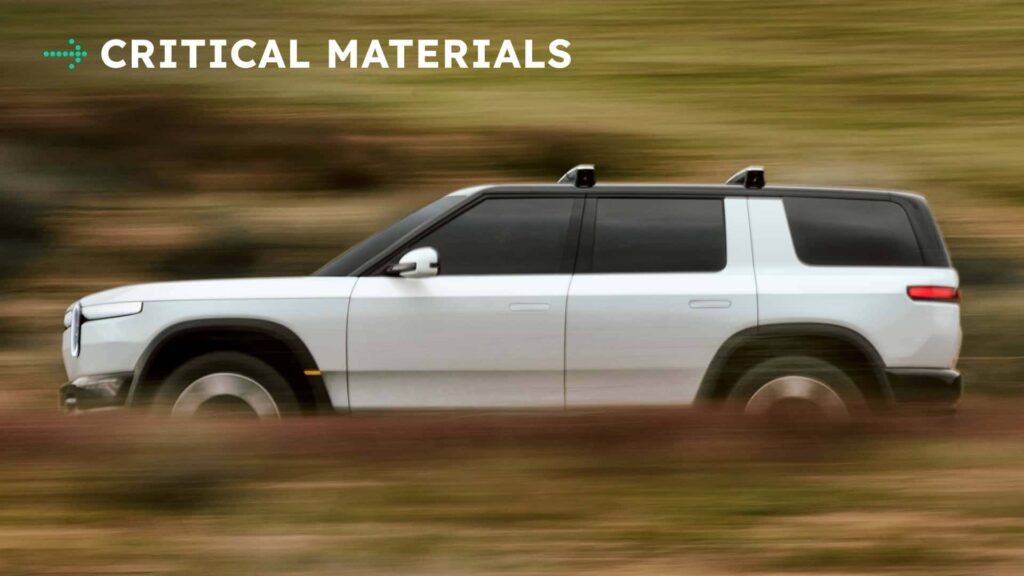Rivian’s future is looking bright, with the startup recently announcing its first quarterly profit at the end of last year. The company has streamlined production and is gearing up to launch the affordable R2 model. Unlike some other automakers, Rivian has a clean brand image that could appeal to a wide range of buyers.
However, 2025 will present some challenges for Rivian. Potential tariffs and the uncertain future of consumer EV incentives could impact the company’s profitability. The road ahead may not be smooth, but Rivian is well-positioned to weather the storm.
On the global stage, China’s EV market is facing intense competition, leading to the downfall of smaller brands that are unable to keep up with the industry’s demands. Larger, more established brands are dominating the market, leaving behind “zombie cars” from failed companies.
In a surprising turn of events, a Japanese group is reportedly pushing for Tesla to invest in Nissan. While this proposal may seem unlikely, it adds another layer of complexity to the ever-evolving automotive industry.
Looking ahead, Rivian’s prospects remain promising, with new models on the horizon and a partnership with Volkswagen in the works. Despite challenges, the company is focused on innovation and growth.
As the automotive landscape continues to evolve, Rivian and other players in the industry must adapt to changing market dynamics and consumer preferences. The future of electric vehicles is bright, but success will require strategic planning and a willingness to embrace innovation.
Overall, Rivian’s journey in the coming years will be marked by challenges and opportunities. With a strong foundation and a commitment to excellence, the company is poised to make a significant impact in the electric vehicle market.

